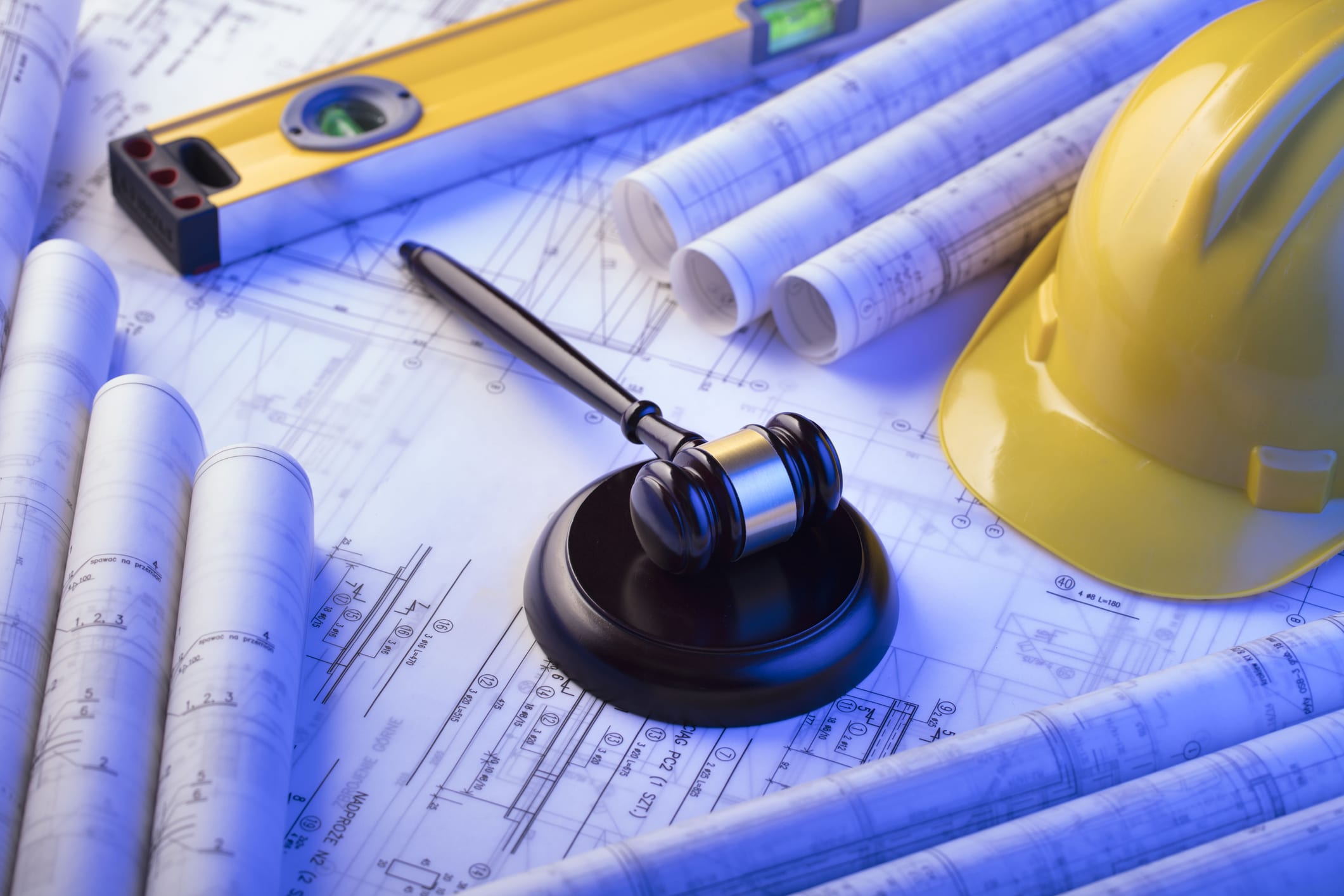You’ve built your own business, but now you have to protect it! There is a long list of legal issues that can come up when operating as a contractor or running a constructing company in the state of Georgia. You may have secured your business license, but in many cases that is not enough. Georgia law requires all individuals or businesses that start residential construction projects valued at more than $2,500.00 to possess a license with the state as a general or residential contractor. O.C.G.A. § 41-43-17. Given how expensive materials and equipment have grown in the last 10 years, that $2,500.00 ceiling seems to get broken with the price of almost every construction project.
Individual License
The Georgia State Licensing Board for Residential and General Contractors is in charge of the process of obtaining a license as a general or residential contractor. All information for obtaining one of these licenses can be found on their website. https://sos.ga.gov/state-licensing-board-residential-and-general-contractors. A contractor’s license in the state of Georgia does not last forever. A contractor’s license must be renewed online on the Georgia State Licensing Board for Residential and General Contractors website by June 30th every EVEN numbered year. Make sure to stay up to date on your contractor’s license. If your license lapses before you start a new construction project, you run the risk of losing out on payment for your work or in some cases a lawsuit from the homeowner. If you don’t have a license, and the construction work you’re completing requires a license, you can’t use the law to enforce payment terms for that work!
License for your Contracting Business
If you are running a contracting business, then getting that license for yourself is not enough. All companies that conduct residential construction business must have a licensed contractor to serve as what is called their “qualifying agent”. O.C.G.A. § 41-43-9. When you apply for that license, make absolutely sure that you are applying on behalf of your company, and be sure to include the full name of your company. Running a residential or general contracting business without a licensed qualifying agent is no different from contracting work without a contractor’s license yourself. If that construction requires a license and your company doesn’t have a qualifying agent, you can’t enforce payment, and you could be subject to civil penalty from the homeowner.
Specialty Contractor License Exception
The license as a general or residential contractor is not always required by law if you only keep your construction projects limited to a number of specialties. You may actually run your contracting business by only operating as a specialist without requiring a license. You may also find a list of all specialty exception types of construction on the Georgia State Licensing Board for Residential and General Contractors website. https://sos.ga.gov/page/residential-and-general-contractor-exemptions These types of specialty construction tasks do not require a license, but if you don’t have a contractor’s license, make sure you stick to these types of work. In general, it is safest to obtain contractor’s license no matter what kind of construction work your doing just in case you need to branch out from specialties. A contractor’s license is the best way to protect your right to getting paid for your construction work.
Subcontractors
When hiring subcontractors, make sure those subcontractors have their licenses too! You may also check the specialties list from Georgia State Licensing Board for Residential and General Contractors to find out if your subcontractor is completing specialty work that does not require a license, but make sure any unlicensed subcontractors don’t step out of their specialty. On top of that, even if you hire licensed subcontractors for your construction business, but you don’t have a license yourself, you can’t use the law to enforce payment from the property owner for work that requires a license even if you completed that work. Protect your business and your right to getting paid for your work. Get that contractor’s license!




